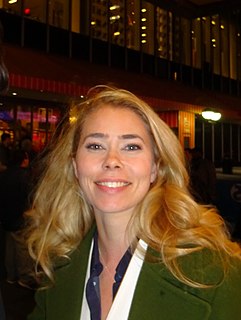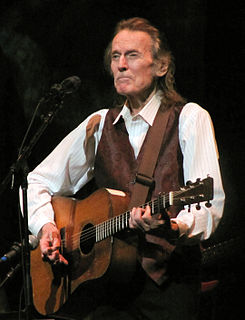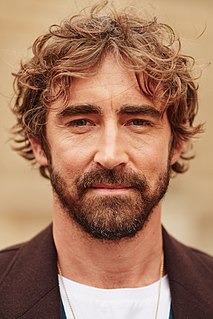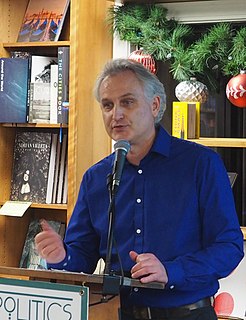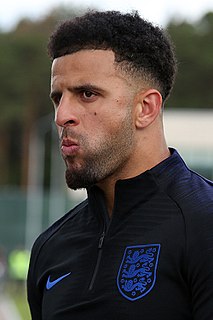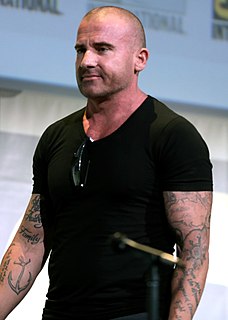A Quote by Birgitte Hjort Sorensen
I used to watch a lot of American and British television as a child, which helped teach me the language and accents; it was partly that which landed me the part of Roxy in a London production of 'Chicago' when I was 25.
Related Quotes
There was another thing I heartily disbelieved in - work. Work, it seemed to me even at the threshold of life, is an activity reserved for the dullard. It is the very opposite of creation, which is play… The part of me which was given up to work, which enabled my wife and child to live in the manner which they unthinkingly demanded, this part of me which kept the wheel turning - a completely fatuous, ego-centric notion! - was the least part of me. I gave nothing to the world in fulfilling the function of breadwinner; the world exacted its tribute of me, that was all.
I think I've actually benefited from Australia being a kind of combination of both British and American culture. We kind of got the best of both British and American television and books, science fiction and fantasy, and so on. So I'm familiar with a lot of, for example, American books and television that a British author of my generation might not be.
Part of what makes a language 'alive' is its constant evolution. I would hate to think Britain would ever emulate France, where they actually have a learned faculty whose job it is to attempt to prevent the incursion of foreign words into the language. I love editing Harry with Arthur Levine, my American editor-the differences between 'British English' (of which there must be at least 200 versions) and 'American English' (ditto!) are a source of constant interest and amusement to me.
I think people are really picky about English accents. When a Brit comes over here and kind of does an OK American accent, everyone's like, 'You were great! Fantastic!' But in England, even if you were doing a pretty good accent, they're like, 'But where are you from?' 'London.' 'What part of London?' Accents are really precious over there.
London always reminds me of a brain. It is similarly convoluted and circuitous. A lot of cities, especially American ones like New York and Chicago, are laid out in straight lines. Like the circuits on computer chips, there are a lot of right angles in cities like this. But London is a glorious mess. It evolved from a score or so of distinct villages, that merged and meshed as their boundaries enlarged. As a result, London is a labyrinth, full of turnings and twistings just like a brain.
I can work in London. A British journalist asked me if I had any trouble working with an English crew, as an American, and I said I might have if I was from Scotland, but I'm from Massachusetts, which is sort of Oxfordshire, but more intellectual. That's kind of unforgivable but you've got to let them have it.
